
May 2022 — Focus group interviews can yield powerful information. In order to get meaningful information during focus groups, you should follow several important guidelines when developing your questions.
1. Use open-ended questions
Open-ended questions allow for qualitative feedback from participants and do not have fixed responses or elicit one word answers.
2. Avoid dichotomous questions
These are questions that can be answered with a yes or no.
3. “Why?” is rarely asked
- Can make people defensive and that they need to provide an answer
- When you ask why, people usually respond with attributes or influences. So
- It’s better to ask what prompted, or what features did you like . . .?
4. Use “think back” questions
Take people back to an experience and not forward to the future.
5. Carefully prepare questions – types and order
There are five types of questions:
- Opening Question (round robin)
- Introductory Question
- Transition Questions
- Key Questions
- Ending Questions
6. Ask uncued questions first, cued questions second
Cues are the hints or prompts that help participants recall specific features or details.
7. Consider standardized questions
Sentence completion, conceptual mapping
8. Focus the questions
Sequence that goes from general to specific
9. Be cautious of serendipitous questions
Consider but be cautious of these. Often best to save for last.
10. Have appropriate ending questions
- All things considered question – This question asks participants to reflect on the entire discussion and then offer their positions or opinions on topics of central importance to the researchers. Example: “Of all the things we discussed, what to you is the most important?”
- Summary question – After the brief oral summary the question asked is: “Is this an adequate summary?”
- Final question – The moderator reviews the purpose of the study and then asks the participants: “Have we missed anything?”
About the Toolbox and this Section
The 2022 update of the toolbox marks over two decades of change in our small city downtowns. It is designed to be a resource to help communities work with their Extension educator, consultant, or on their own to collect data, evaluate opportunities, and develop strategies to become a stronger economic and social center. It is a teaching tool to help build local capacity to make more informed decisions.
This free online resource has been developed and updated by over 100 university educators and graduate students from the University of Wisconsin – Madison, Division of Extension, the University of Minnesota Extension, the Ohio State University Extension, and Michigan State University – Extension. Other downtown and community development professionals have also contributed to its content.
The toolbox is aligned with the principles of the National Main Street Center. The Wisconsin Main Street Program was a key partner in the development of the initial release of the toolbox. One of the purposes of the toolbox has been to expand the examination of downtowns by involving university educators and researchers from a broad variety of perspectives.
The current contributors to each section are identified by name and email at the beginning of each section. For more information or to discuss a particular topic, contact us.


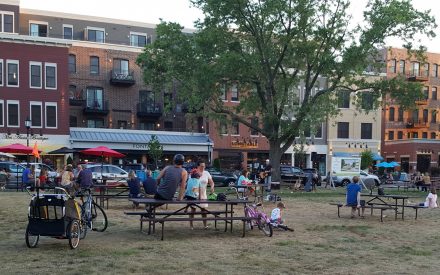



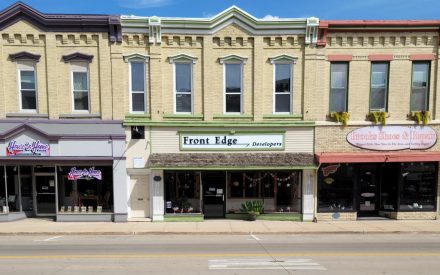



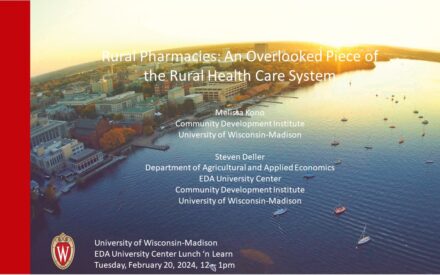
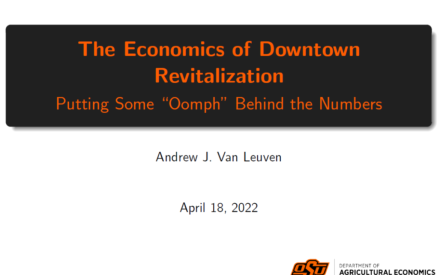

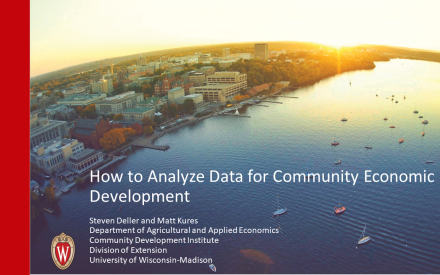 How to Utilize Data for Community Economic Development (Part II)
How to Utilize Data for Community Economic Development (Part II)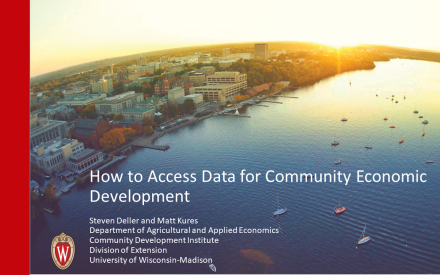 How to Access Data for Community Economic Development (Part I)
How to Access Data for Community Economic Development (Part I) Focus Group Analysis Tips
Focus Group Analysis Tips Focus Groups
Focus Groups